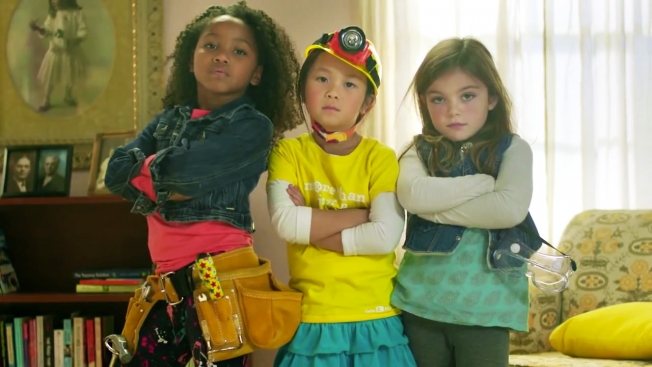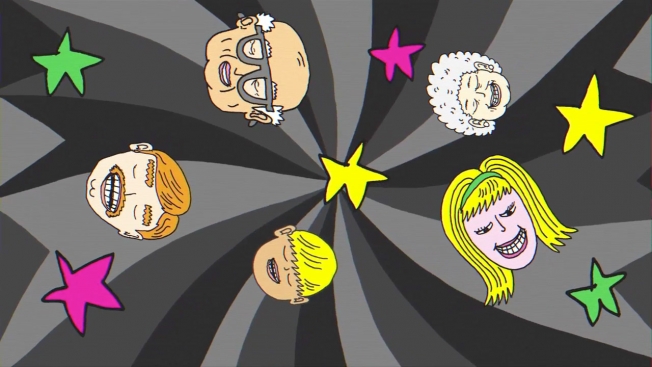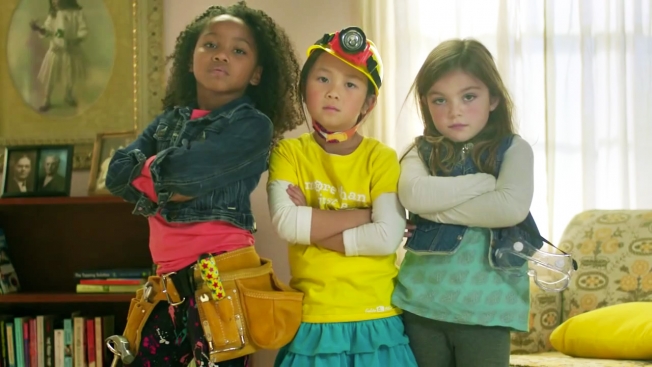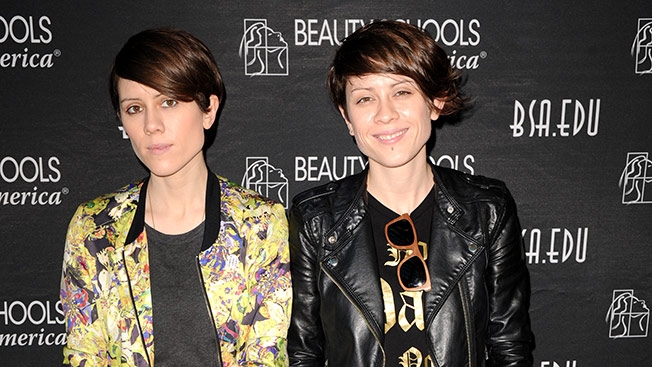
Sponsors this year for the CBGB Music and Film Festival in Times Square will be Coca-Cola, Spotify, Red Bull, MTV, Gibson Guitar, The Standard Hotel, Astral Tequila, J&R Music and Bust Magazine.
The free outdoor concert is expected to see Broadway in New York City closed to car traffic from 46th Street up to 54th Street between 11 a.m. and 7 p.m. on Oct. 12.
About 30 bands are expected to play at the event and will be announced in coming weeks.
"Times Square is the crossroads of the world," said festival organizer Tim Hayes. "It's the most visited spot on earth ... We think it's the biggest stage in the world."
Overall, the 2013 CBGB Festival will feature more than 500 artists playing at 125 venues in Brooklyn and Manhattan between Oct. 9 and Oct. 13. The schedule also features more than 125 panel speakers from the music and film industries, and 100 screenings of music-related films and documentaries.
CBGB, the movie, will also make its U.S. festival premier at the 2013 CBGB Festival. The historical drama's cast includes Alan Rickman as CBGB founder Hilly Kristal and Malin Ackerman as Debbie Harry, the lead singer of rock band Blondie. The movie is already airing on DirecTV's video-on-demand platform.
This year is CBGB Fest's second. In 2012, the lineup featured 300 artists and 125 speakers, but no film component and a smaller, four-block footprint for its Times Square concert, which featured bands like Duff McKagan's Loaded, Superchunk and The Hold Steady.
The festival is the main reincarnation of the classic NYC punk rock club. Opened in 1973, the venue was a breeding ground for bands like the Ramones, Talking Heads and more. The club closed its doors on the Bowery in 2006, and Kristal, who planned to re-open in Las Vegas, died from cancer in 2007.
Investors bought the CBGB name from Kristal's estate in 2008, but in 2010 filed for bankruptcy. The Las Vegas location never materialized. After a handful of lawsuits, the CBGB name (along with artifacts from the club's original location) ended up in the hands of Kristal's daughter, who in 2011 sold it to another group of buyers, including festival organizer Hayes, with ties to the club's history.
In early 2012, rumors began swirling that they would also open a new brick-and-mortar location in Manhattan, hopes the brand's owners confirmed later that year. A new CBGB has yet to appear, though.
The delay is the result of a highly competitive Manhattan real estate market, said Hayes, one of the new co-owners. He and his partners have placed offers on two buildings on the Lower East Side but the deals did not come through—and they're still looking.
"We're committed to doing CB's in New York," said Hayes. "We'd love to do it other places if it meant that we could support live music and inspire musicians and inspire freedom of expression and do all the things that CBGB's represented."
Like Kristal, they explored expanding to Las Vegas, said Hayes, but the opportunities weren't right. "We're here to grow it, but we're not here to sell out," he added. "That's a difficult balance but we're being patient."


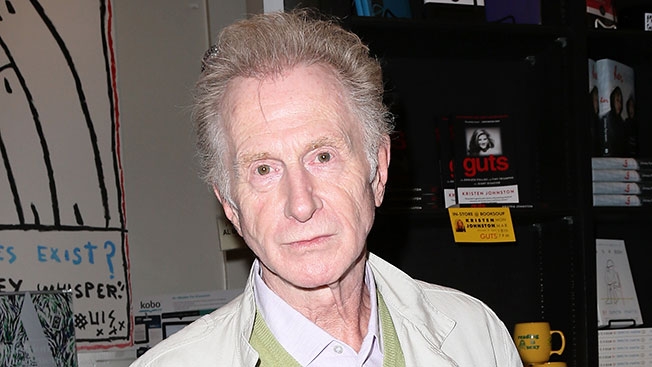


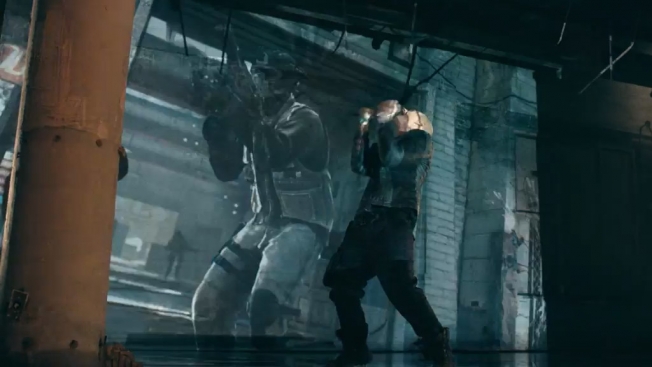


 Illustration: Carlos Monteiro
Illustration: Carlos Monteiro

